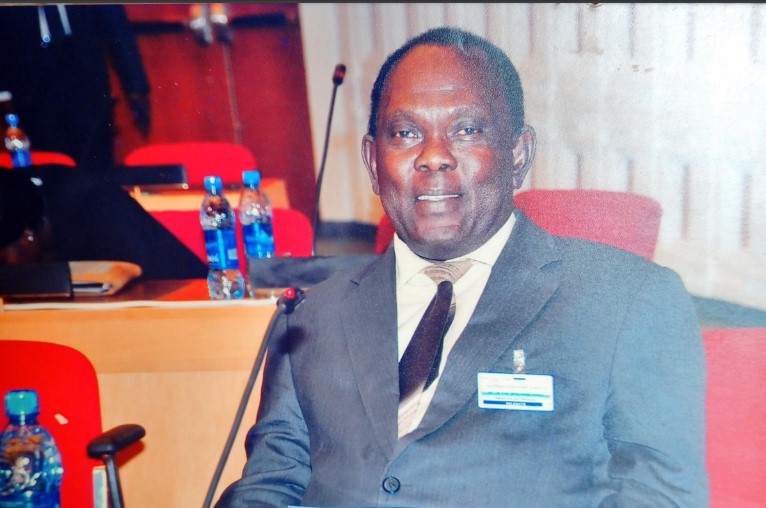By James Aniceto Batikayo
In view of the fact that the transition to the General Elections 2024 is ending, despite the so-called Road Map extension, the preparations underway for the elections are still incomplete and inadequate.
According to our research, there is no need for further extension of the transitional period and delay of the elections. These elections should take place as scheduled in December 2024 and be more organized than before in 2010. This time around the elections could not take place all at once covering all the constituencies but should be in stages instead as is the case in other countries of the world. There is the Presidential Election in the first stage, followed by the national parliament elections as the second stage. The state and Administrative Areas elections would be the third stage. Next is the local government election, (i.e. the Payams and Bumas).
The Presidential Election that is the election of the President of the Republic should take place as the first stage of the general elections because there is no need for a census now to determine the geographical constituencies. Presidential election has only one constituency which covers the whole land space of the country. For presidential elections, there is no need for repatriation of refugees who could then vote wherever they wish; provided that they register like those at home for the new elections. Writing of the new constitution has already gone a long way since 2012 and could be fully done within the remaining period. It is very unfortunate that many if not the majority of the members of the National Constitutional Review Commission (NCRC) that is writing the draft constitution are members of civil society organizations, who must be the “Watch Dogs” instead. The election registry rolls could be renewed right away for the 2024 elections in the remaining transition.
It has come to our knowledge that there are individuals in the government who intend to have the election of the president alongside the elections of the state governors, referring to such election as the “Executive Elections”. That would obviously be the most unprecedented Presidential Elections in recent history.
The structure of the top office of the land, i.e. the Presidency of the Republic should be changed upon the elections to seat only the President. The positions of the five Vice Presidents including the First Vice President should be cancelled in compliance with provisions of Para 1.8.1 of the Revitalized Agreement on Resolution of Conflict in South Sudan (R-ARCSS) 2018. Therefore, the elections of President alongside state governors would not only be unprecedented but also a bad joke.
In the heels of the Presidential elections, the President should consider appointing a Prime Minister. The Premier should then form the cabinet of Ministers and chair its meetings; provided that all are done in consultation with the President and according to his consent. The President appoints by decree the Premier and the Ministers to their respective offices and relieves them of office by decree individually or collectively as well. A good example of this system is in our African neighborhoods, in countries such as Uganda, Rwanda, Sudan and Egypt among others. The office of the Premier lessens the heavy load of the increasing executive work on the President.
Nevertheless, the government must henceforth be “Slender in its size”. It must not have more than “twenty-one” Ministers. State Ministers should not be more than “Seven” Ministers for each state unless the situation otherwise requires. This is for the pressing economic welfare of the country.
A post of Leader of Opposition might appear in the forthcoming constitution and that greatly reforms the system of rule in the country, whereby criticism should not constitute a crime.
Reform of the Civil Service and all government institutions from tribalism is absolutely important. In order to do that it is wise to follow the legacy of one of our Country Founding Fathers and hero Dr. John Garang De Mabior who assigned highest offices in the ten states across the country to his individual comrades, each to be Governor of a state which was not his original tribal state, e.g. Dr. Reik Machar (from the Nuer tribe in Bentiu) to be the top executive, i.e. the Governor of Western Equatoria in Yambio, Dr. James Wani Igga (from the Bari tribe in Juba) to be the top executive or Governor of Upper Nile and so forth. God Bless.




